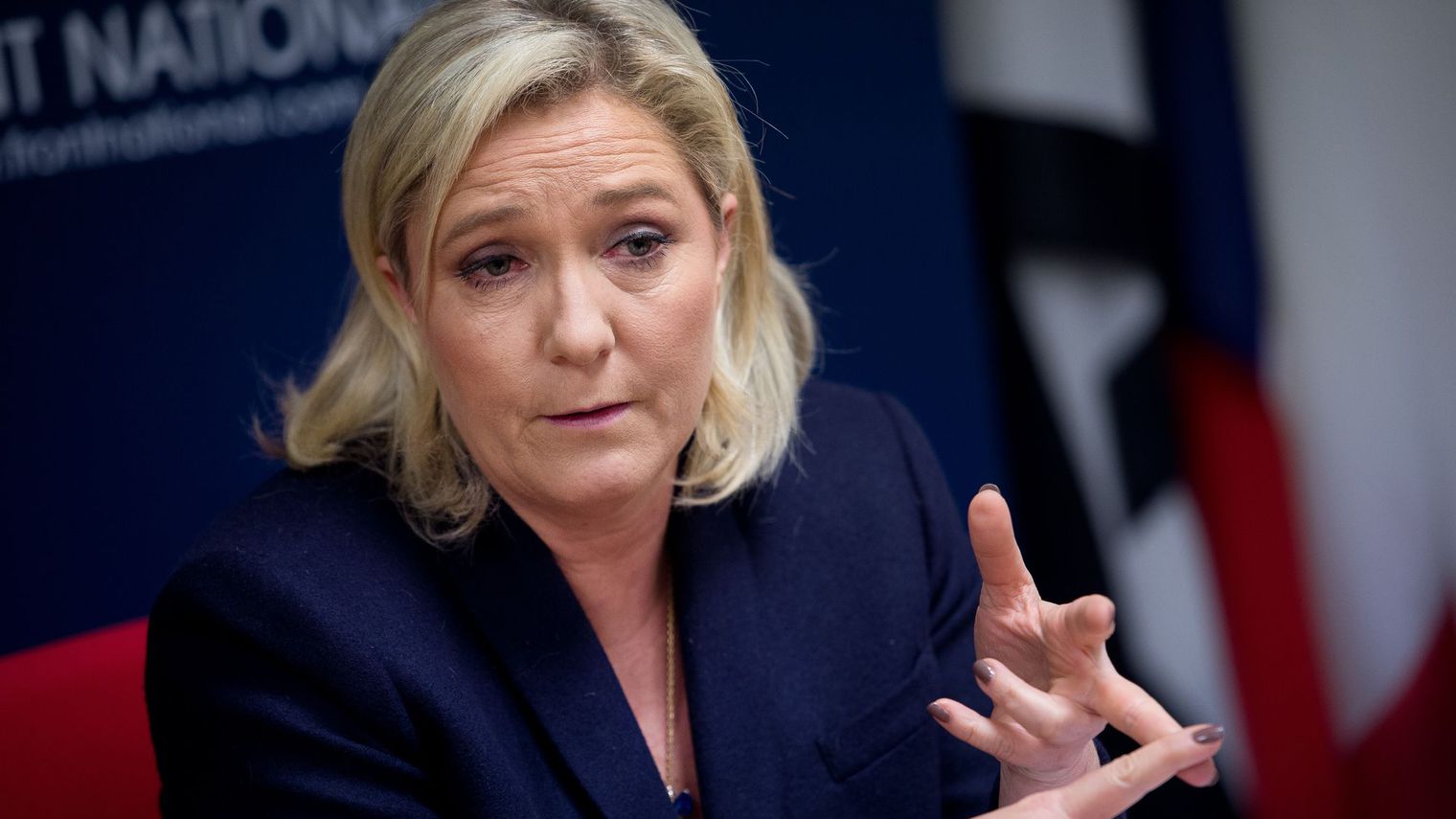The first round of the French elections takes center stage this weekend and investors around the world will be watching closely. The key concern i

Marine Le Pen
The first round of the French elections takes center stage this weekend and investors around the world will be watching closely. The key concern is whether the far-right and euroskeptic candidate Marine Le Pen — who has promised to renegotiate France’s relationship with the European Union and call a “Frexit” referendum within six months — will become the next president.
A victory by Le Pen is not altogether improbable. She is running neck-and-neck with Emmanuel Macron, an independent, and the current four-way race opens up several possibilities about who she may face in a second round. While her polling gap versus Macron is very large in the second round, and seems hard to close in just two weeks, Le Pen could have a better shot versus some opponents such as Francois Fillon of the center-right Republicans and the Communist-backed Jean-Luc Melenchon.
But not all investors are equally worried about the outcome. Bond investors are seemingly very concerned about the risk of a Le Pen victory and the tail risk that France exits the EU and adopts a new currency; equity investors are showing more relaxed attitudes.
The simplest way to spot the tension in the fixed-income market is to look at the difference in yields between French and German 10-year bonds, which has widened from 30 basis points in early November to around 70 basis points currently. The spread has clearly correlated with the performance of extremist candidates and is now at the highest since the European debt crisis.
We have also seen this concern expressed in money flow data. Japanese investors sold $15 billion of French bonds in February, the largest monthly sale on record as political risks emerged in earnest, according to the last available data.
Moreover, pricing of short-dated German bunds, which now have yields much lower than even European money market rates, suggests that redenomination risk is playing a role in investor behavior (although the scarcity of the securities is also a factor). The spread between older French credit-default swap contracts and newer contracts tell a similar story.
Equity investors seem more relaxed. The CAC 40 Index of French stocks trading close to multi-month highs and investor surveys point to “overweight” positions among institutional investors in European equity markets. U.S. buying of European stocks through exchange-traded funds has seen some of the strongest flows since 2015 of late. Although the nominal amounts are not huge, at around $2 billion in recent weeks, they should be viewed as a proxy for broader flows happening outside the ETF space.
Even during the periods of elevated tension caused by French election polling and the rise of far-right and far-left candidates in mid-February and early April, it was hard to see any material weakness in European equity indexes outside some pressure in bank stocks.
So, what is going on? There are at least three narratives to explain the relative resilience of equities.
First, equity investors learned in 2016 not to panic in the face of political risk. That was the lesson both from the experience around the U.K. Brexit vote and Donald Trump’s election victory in the United States. Some equity investors have even concluded that populism may a bullish force.
Second, equity investors are supposed to be risk-tolerant. After all, owning stocks is about getting paid a risk premium for providing long-term capital. In contrast, conservative fixed-income investors are looking for risk-free returns, and many developed-market bond managers can’t tolerate tail risk, even if it is remote. This could be a key factor behind the seeming divergence between fixed-income and equities in relation to European political risk.
Third, we observed during the euro crisis that equity markets can be very sensitive to systemic tension. European funding market stresses repeatedly drove equities sharply lower from 2010 through 2012.
But the tension around the French election has been muted. While French government bonds have sold off, there has been little evidence of stress in money markets, perhaps because of the European Central Bank’s more liberal attitude towards liquidity provision compared with the pre-long-term refinancing operation, or LTRO, days.
Regardless of the specific reasons, the recent discrepancy between fixed-income and equity market behavior creates an interesting potential asymmetry as the election unfolds. (The four leading candidates all head into the final hours of campaigning with a chance of qualifying for a run-off on May 7.)
In the market negative scenario, meaning either a Le Pen or Melenchon winning, we could see significant adverse equity market moves, as investors will have to price in bigger risk premiums. This assumes that the “populism is bullish” argument is not going to dominate in the case of France. That’s likely to be the case eventually as political instability in the very core of the euro zone should create systemic tension in the entire currency bloc, especially if it becomes clear that a Frexit referendum will actually take place. As such, fixed-income markets will hardly be immune in such a scenario.
In the market positive scenario, meaning either a Fillon or Macron win, fixed-income and currency markets may produce bigger relative moves, as that is where the greatest caution has been reflected up to now. This may already be happening to a small degree, as bond and currency markets seem to detect a bit of improvement in polling for centrist candidates in the final stretch.
For investors, it’s always dangerous to think about things too one-dimensionally, and French election risk is not the only factor at play in markets. The recent drop in global interest rates is a major influence as optimism wanes that Trump’s economic agenda will really push growth higher.
The key observation is this: Different investors have different levels of risk tolerance, and the divergence in asset performance we are observing in the runup to the French election seems to be a strong reflection of that idea. In the worst-case scenario for markets, which is a win by Le Pen, we’re bound to see bearish moves across a wide range of assets. In a more positive scenario, the moves may be more pronounced in the assets that have embedded the most concern, and that is fixed-income and currencies.
bloomberg.com

